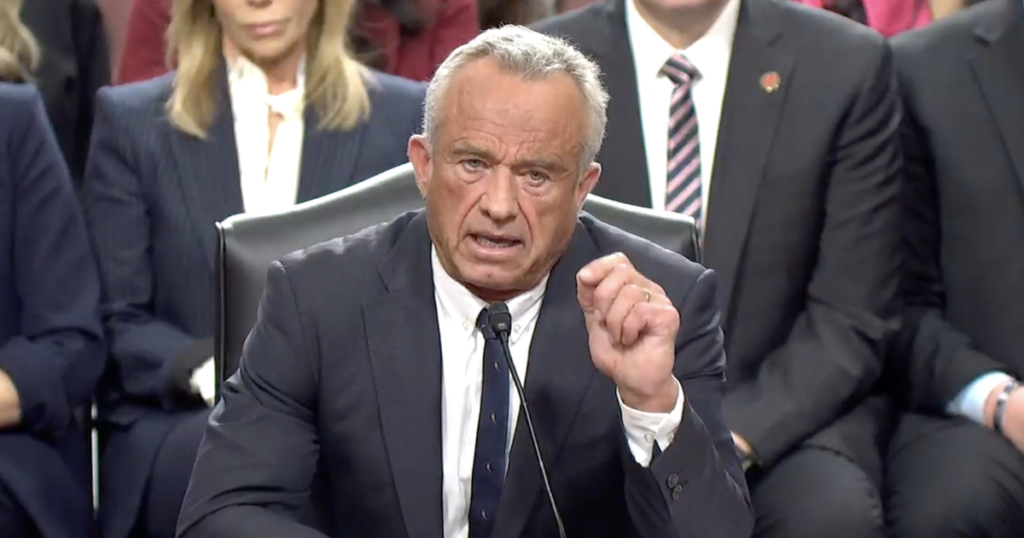Colorado health officials Monday confirmed a second case of measles in the state.
According to the Colorado Department of Public Health and Environment, an unvaccinated infant in Denver County contracted the virus likely during a recent trip to Mexico.
“The infant recently traveled with family to an area of Chihuahua, Mexico, which is experiencing an ongoing measles outbreak,” the agency said Monday.
Anyone who was at the Denver Health Emergency Department on Sunday from 10:30 a.m. to 4:30 p.m. could have been exposed to measles and should be monitored for 21 days, CDPHE said.
The first measles case, an unvaccinated individual from Pueblo, was confirmed March 31. The individual has also recently returned from a trip to Mexico.
Symptoms of the highly contagious virus, which has an incubation period of seven to 21 days, include rash, fever, cough, runny nose and irritated eyes. Health officials recommend getting the measles, mumps and rubella vaccine.
“Health care providers should report patients suspected of having measles immediately to CDPHE or your local public health department,” the agency said. “Consider testing patients with a febrile rash illness for measles, especially if they report recent travel to New Mexico or Texas.”
As of April 3, there were over 600 confirmed cases of measles in several states, according to the Centers for Disease Control and Prevention. Most of those cases (505) have been in West Texas.
Health and Human Services Secretary Robert F. Kennedy Jr. on Sunday attended the funeral of an 8-year-old Mennonite girl who died from the virus in Seminole, Texas.
“In early March, I deployed a CDC team to bolster local and state capacity for response across multiple Texas regions, supply pharmacies and Texas run clinics with needed MMR vaccines and other medicines and medical supplies … Since that time, the growth rates for new cases and hospitalizations have flattened. The most effective way to prevent the spread of measles is the MMR vaccine,” he said in a post on X.


